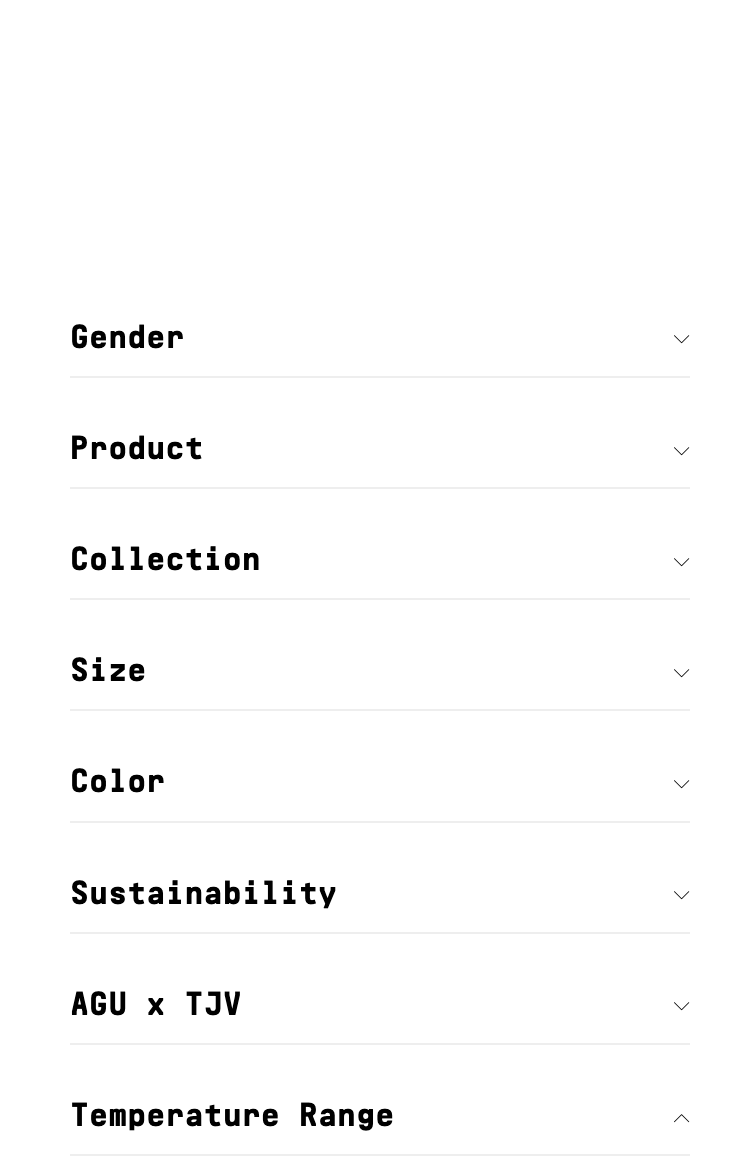Discover the importance of sustainable marketing in today's eco-conscious world and learn how implementing a PIM system can elevate your ethical marketing initiatives, enhance customer experience, and boost brand reputation.

Keywords
In response, companies are striving to create brand identities that not only captivate their audience but also showcase their genuine commitment to environmental responsibility. Enter sustainable marketing. But what exactly does it mean to embrace sustainability in marketing, and why is it becoming an essential component of a successful business strategy?
Let’s take a closer look at the meaning of sustainable marketing, its importance in the current business landscape, and how it resonates with consumers who are more environmentally aware than ever before.
Sustainable marketing is the practice of promoting products or services in a way that highlights their environmental, social, and ethical benefits. This goes beyond simply advertising “green” products like recycled water bottles or compostable dinnerware – it’s about embracing and highlighting sustainability in every aspect of your business, from supply chain management and production processes to packaging and distribution.
Sustainable marketing often involves an educational component, raising awareness amongst consumers about a particular sustainability issue through blogs, events, community discussions, and more. This extra information helps consumers make more informed purchasing decisions that align with their values.
However, sustainable marketing isn’t just about promoting sustainable products, it’s also about integrating sustainability principles into your marketing strategy. For example, perhaps you prioritize responsible advertising practices, like reducing paper waste by opting for online marketing instead of print ads. After all, how could you warn about the dangers of deforestation while printing thousands of flyers?
Ultimately, sustainable marketing is about recognizing the interconnectedness of your business practices and their impact on the world around us.
When it comes to sustainability, consumers are speaking with their dollars. It’s clear that a growing number of consumers make purchasing decisions based on the values and practices of the brands they support. In fact, a recent study found that 50% of consumers would be willing to pay a premium for sustainable brands. And this sentiment is only growing stronger. In younger generations, it’s even more pronounced, with 75% of Gen Z prioritizing sustainability values when making purchasing decisions.
But the importance of sustainability and sustainable marketing extends beyond simply meeting consumer demand. Companies that adopt sustainable practices can also see benefits like cost savings, improved efficiency, and reduced risk due to supply chain disruptions caused by environmental or social issues (this one in particular should resonate after the pandemic!). Plus, using sustainable marketing to promote transparency and ethical practices can help businesses build trust with their customers, improve the customer experience, and foster stronger brand loyalty and better customer retention.
For the businesses paying attention, this shift in demand for sustainable products and services is a serious market opportunity. Studies show that 62% of consumers are willing to change their purchasing habits to help reduce environmental impact, meaning that sustainable marketing could be the catalyst that causes consumers to choose your brand over your competitors. Leverage it correctly, and you could expand your market share while creating meaningful value for your customers, your brand, and the planet.
Sustainable marketing is important – but it also can be time-consuming. It means finding, storing, and distributing even more product data across all of your channels. To communicate your commitment to sustainability effectively without doubling the work of your team, it’s crucial to have a well-organized, centralized repository of product information.
That’s where a product information management (PIM) solution comes into play. PIM systems enable you to easily store, manage, and distribute up-to-date product information across all of your sales channels, making sure your customers have access to all of the details they need to make informed, sustainable choices.
For example, with a PIM system, you can easily create a comprehensive materials list for your sustainable products that’s consistent across all channels. It also makes it possible to manage high-quality visuals that showcase the sustainability features, ensuring you match the right assets to the right products on the right channels. Plus, PIM solutions can help highlight your sustainable business practices, such as ethical shipping and return policies.

A PIM solution can also help future-proof your brand. As your business grows and your product offerings expand, it becomes harder to juggle all of the sustainability attributes for each product without a PIM system, meaning inaccuracies and inefficiencies could run rampant. With the right tools, you can ensure your customers are aware of your brand’s sustainable and ethical practices at every stage.
Not only does a PIM tool help you manage your product sustainability data, it makes it easier for customers to find your products by improving filtering capabilities on your website. With a PIM solution in place, you can easily create and manage product attributes related to sustainability, such as eco-friendly materials, fair labor practices, or carbon footprint. Your customers can then easily filter and find products that align with their values. This creates an overall better shopping experience and therefore, say it with us, increases the likelihood of a purchase.
The level of transparency a PIM tool helps create not only ensures customers understand the environmental impact of their purchases but also reinforces your brand’s commitment to sustainability. Why does this matter? Sustainable marketing is no longer just a niche trend – it’s a powerful strategy that can help businesses connect with environmentally-conscious consumers and set themselves apart in a competitive market. By adopting a PIM solution, you can ensure that your product information is organized, accurate, and easily accessible, allowing you to communicate your brand’s commitment to sustainability and potentially spark others to follow suit.
Is your brand all in on sustainability? Get in touch and we’ll show you how Akeneo PIM can help you shout it from the rooftops.
Akeneo technology can support sustainable marketing initiatives, and more. Start your journey towards omnichannel customer experiences.


The circular economy presents a powerful opportunity for businesses to align sustainability with profitability by minimizing waste, maximizing...
Read more
Discover what makes Akeneo more than just a workplace. From fostering a culture of care and work-life balance to providing opportunities for growth...
Read more
2024 has been a year to remember for Akeneo. For the third day of PXMas, we’re sharing the stories behind just a few of the prestigious awards...
Read more